Looking at world events, it’s hard to avoid the word ‘chaotic’ when summing up 2022 – but Greenpeace supporters still created so many reasons for optimism.
Need a PDF?
Download the 2022 impact report in pdf format

The UK had three different Prime Ministers as political chaos reigned in Westminster. They included Liz Truss, who unleashed economic chaos, despite having the shortest term in office of any UK leader in history. In Ukraine, Putin’s war threw millions of people’s lives into chaos, causing a humanitarian disaster and sending energy bills soaring, as we saw the true impact of our reliance on fossil fuels with devastating clarity. And, across the world, the climate crisis wreaked havoc on the people least responsible for causing it. From drought in East Africa to flooding in Pakistan, the urgent need for climate action was clear.
So it is testament to the commitment and determination of Greenpeace’s supporters, staff, volunteers and partners that there is still so much impact to cover in this report. Despite the uncertainty unfolding around us, the Greenpeace community turned around oil tankers, transformed fast food menus and used pioneering science to safeguard previously unexplored areas of the Atlantic. We would like to send a huge thank you to all of you for your incredible efforts.
We also want to send our thanks to John Sauven and Pat Venditti, who showed that changes in leadership do not need to be chaotic. John stepped down as Executive Director after 14 years of tireless innovation, and Pat acted up until we began our roles in October. The progress you can read about here was inspired by their thoughtful leadership and clear vision.
That brings us neatly to our own vision for the green, fair, peaceful future we want to see. At this critical time for our planet – and despite the huge challenges we face as a society – we are filled with optimism, because we know the creativity and courage that exists within the environmental movement.
We believe we need to look outside of our usual allies, and take risks. Business as usual won’t cut it. We are focusing on three principles:
- Strong relationships: We need to trust each other, celebrate victories together, and recognise our collective responsibility when things aren’t working out.
- Alliance building: We will either win as a movement or lose as single organisations.
- Ambition: We need to be fearless and ready to take risks as we do everything we can to avoid climate breakdown, and protect the natural world on which we depend.
None of this will work unless we can convey a message of hope in all that we do. Hope itself is an act of defiance, and desperately needed to bring people together to take action. Thank you so much for being with us.
Areeba Hamid and Will McCallum
Co-Executive Directors, Greenpeace UK
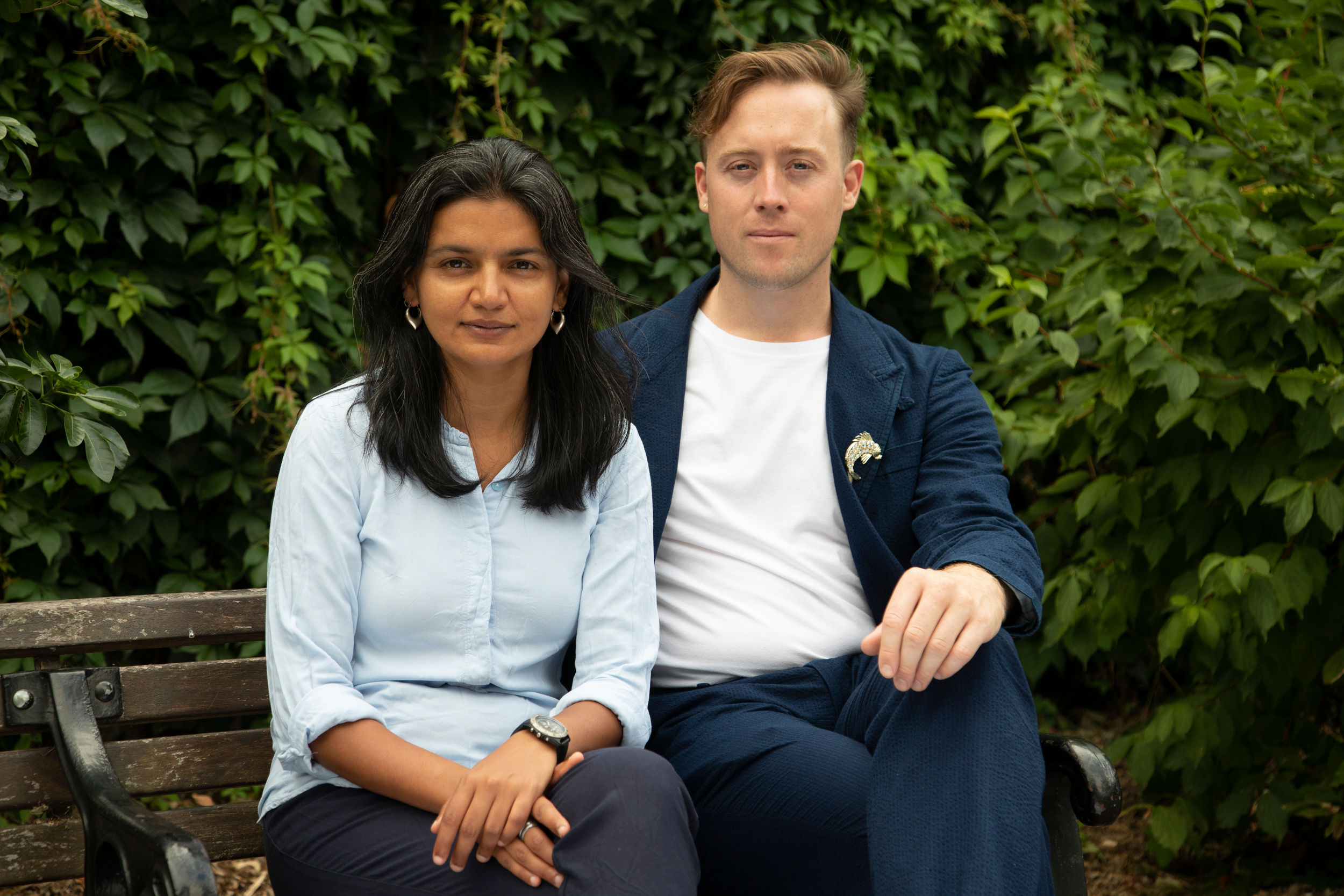

 The signs of devastation caused by our dependence on oil and gas were everywhere in 2022. Russia’s invasion of Ukraine caused an unprecedented
The signs of devastation caused by our dependence on oil and gas were everywhere in 2022. Russia’s invasion of Ukraine caused an unprecedented 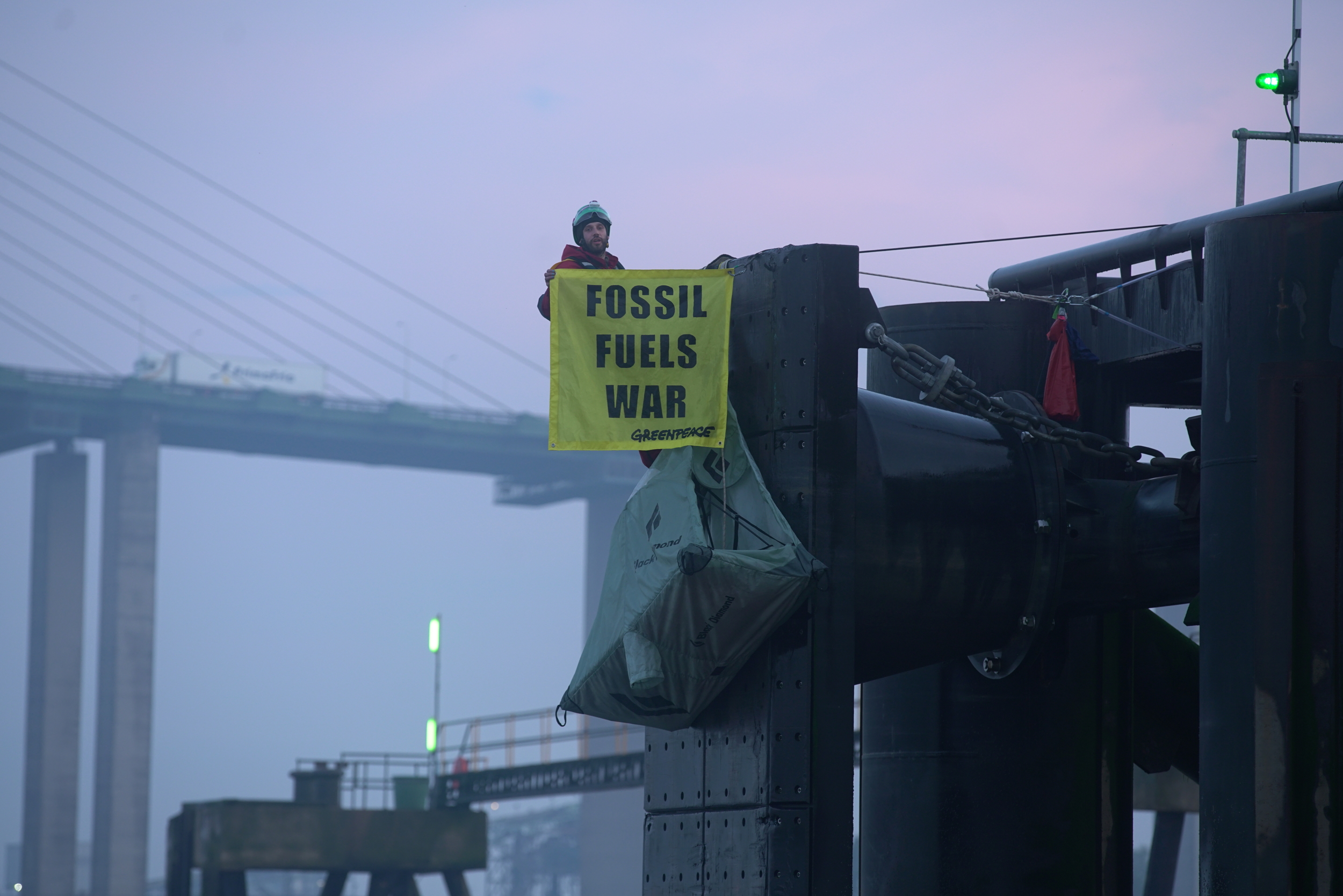
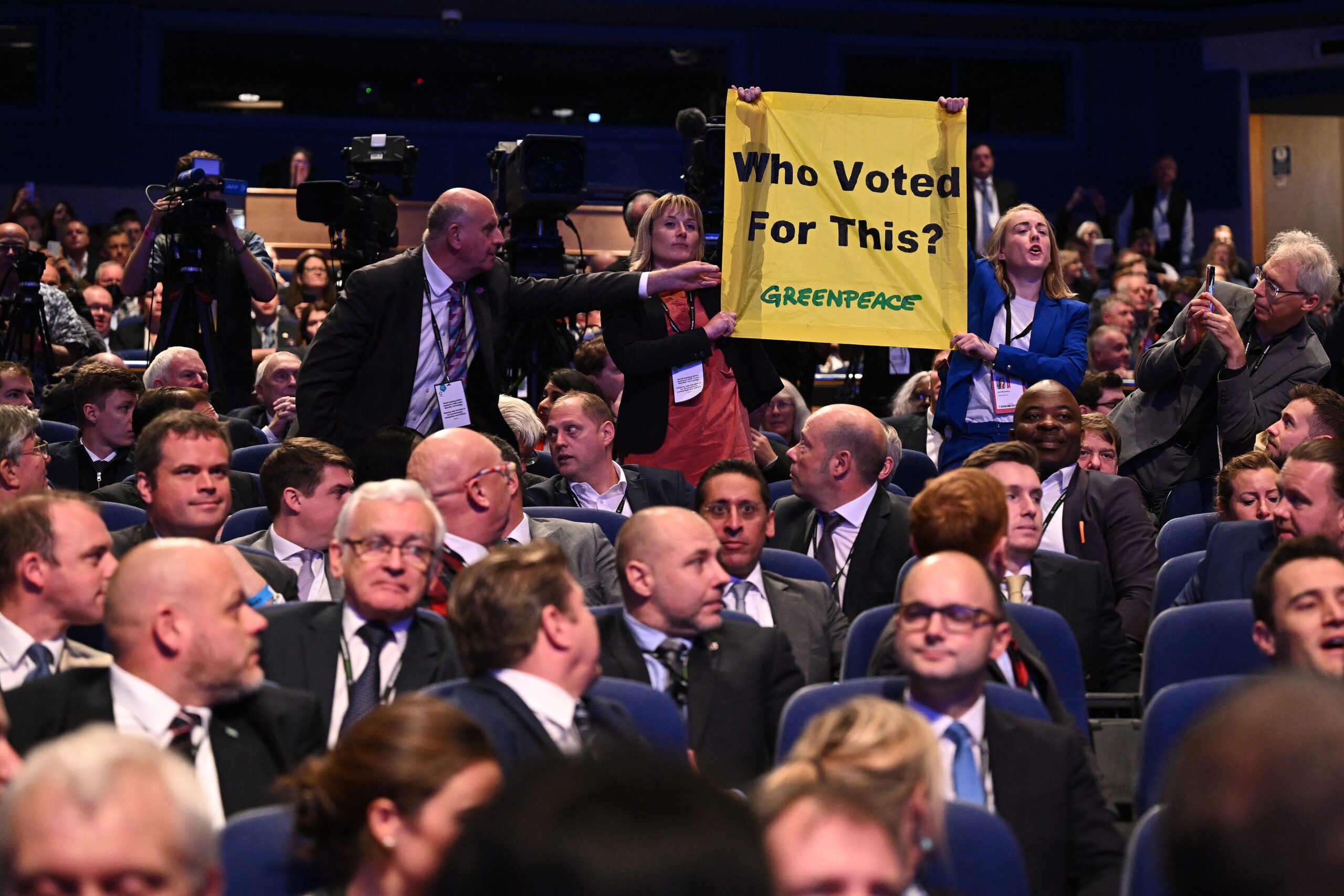
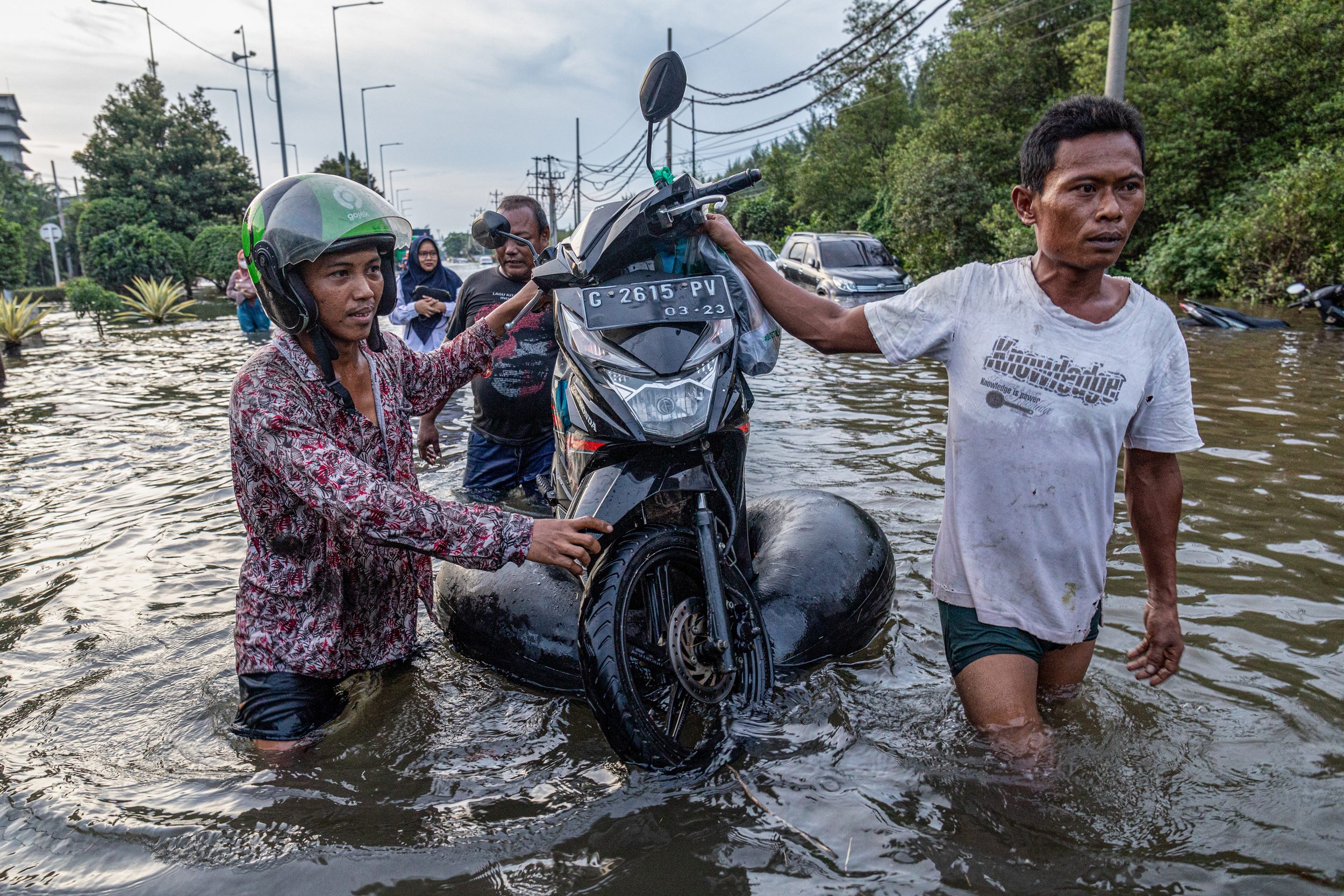
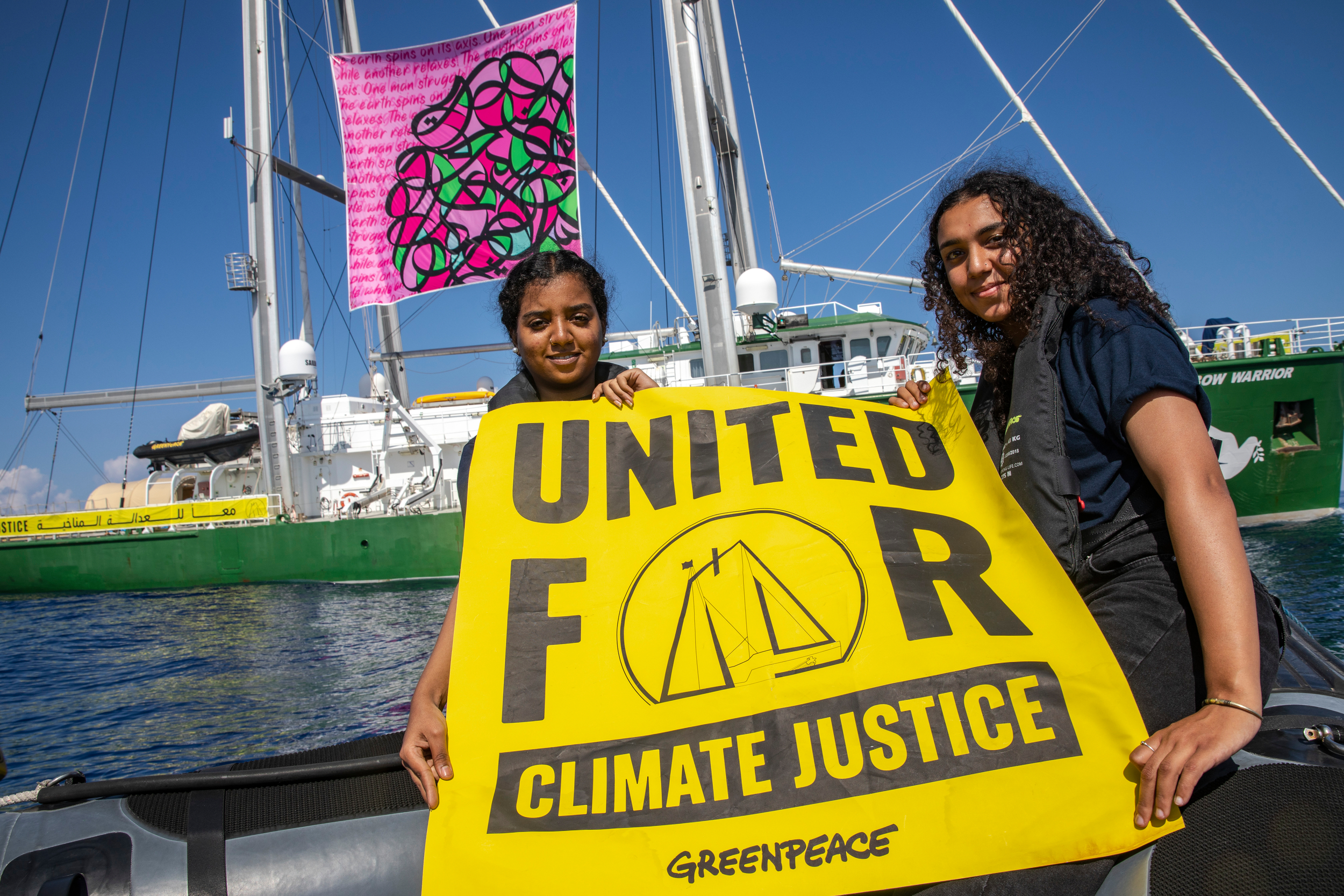 Youth climate champions Watan Mohammed (left) from Sudan, and Alia Hammad from Egypt, hold a banner for the United for Climate Justice campaign, in front of the Rainbow Warrior, in the Mediterranean Sea near Egypt.
Youth climate champions Watan Mohammed (left) from Sudan, and Alia Hammad from Egypt, hold a banner for the United for Climate Justice campaign, in front of the Rainbow Warrior, in the Mediterranean Sea near Egypt.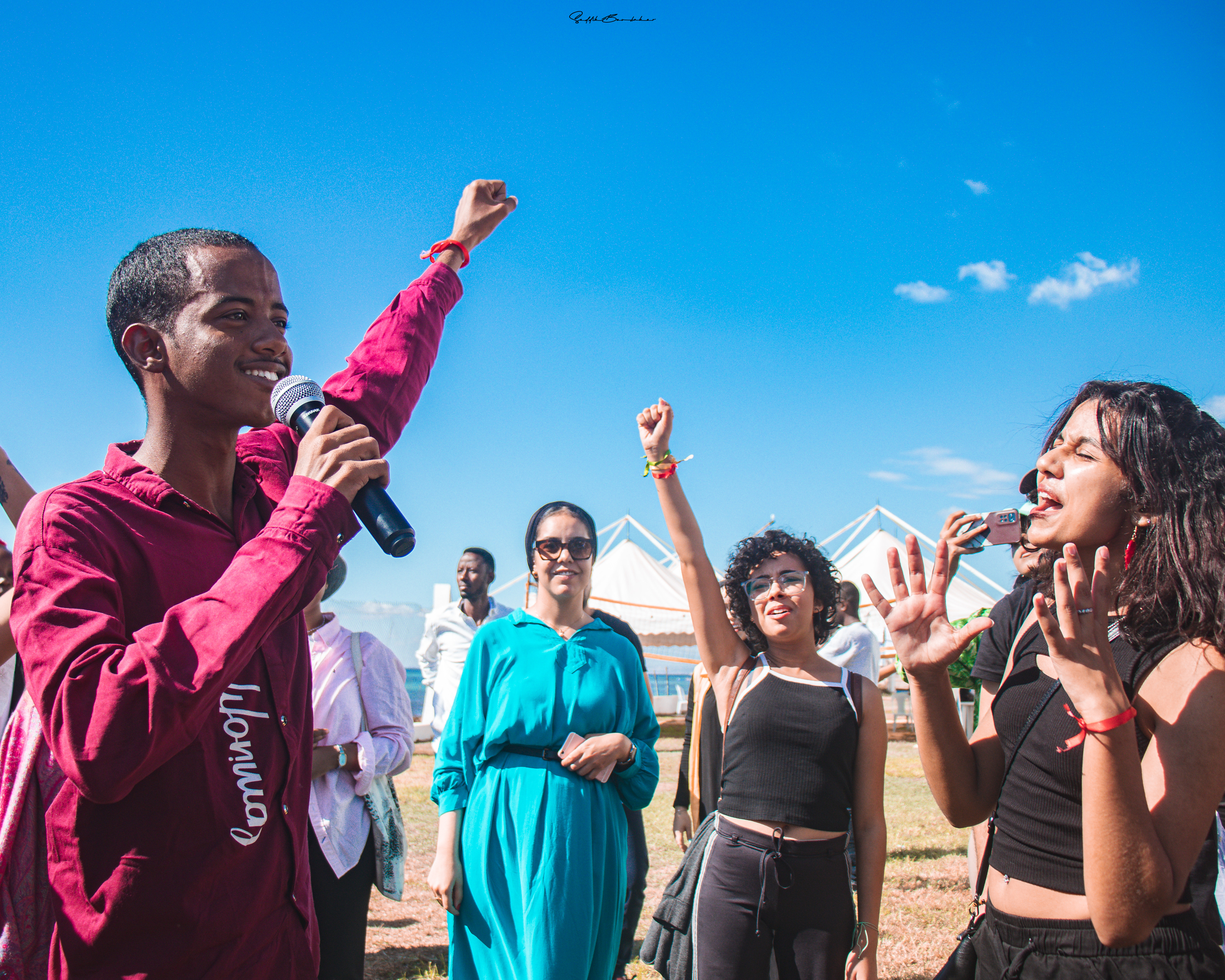

 Three years ago, Greenpeace climbers launched a campaign by scaling Burger King’s iconic Leicester Square restaurant, unveiling a giant banner to let customers know that the fast food chain was ‘
Three years ago, Greenpeace climbers launched a campaign by scaling Burger King’s iconic Leicester Square restaurant, unveiling a giant banner to let customers know that the fast food chain was ‘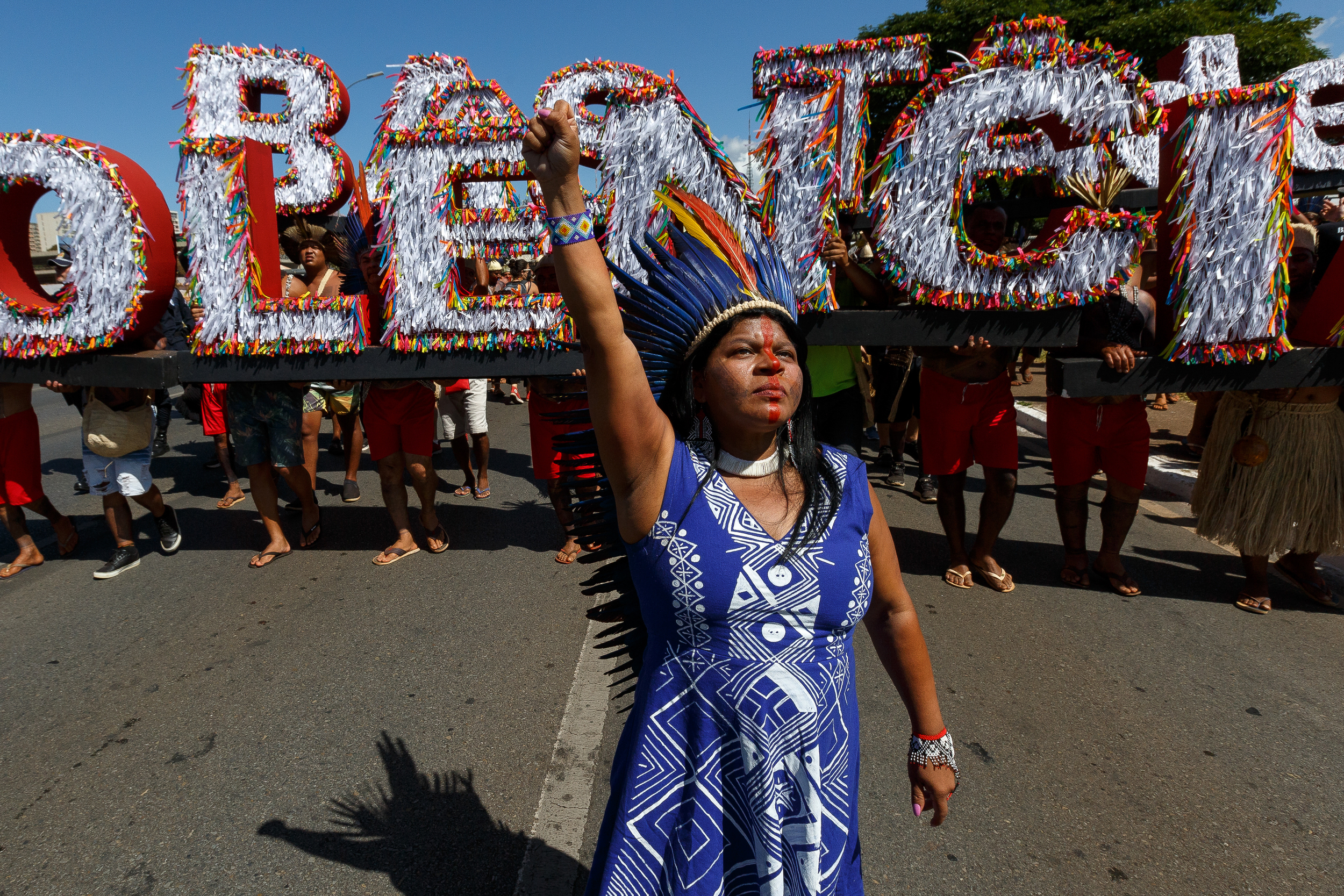
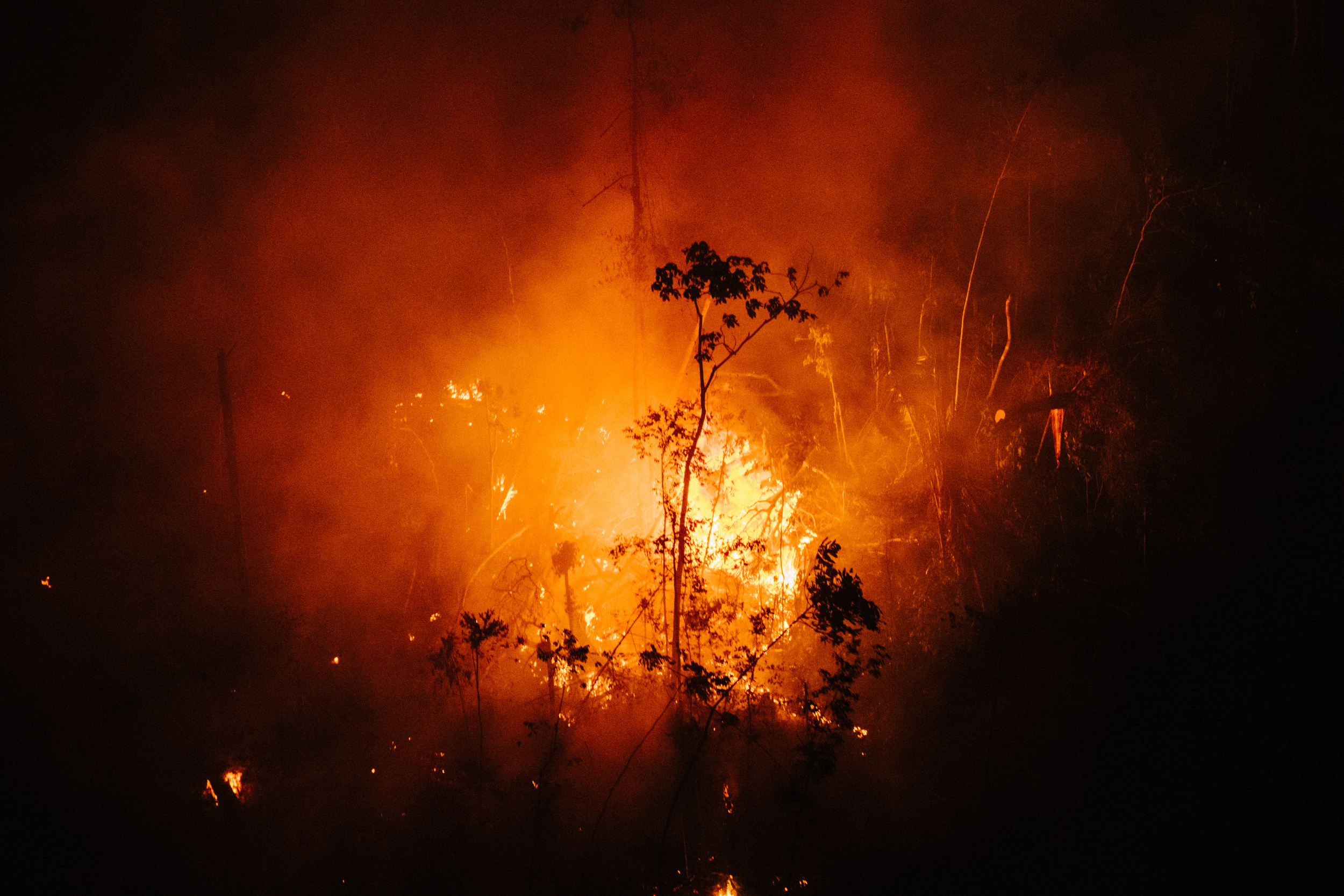
 The year began with US scientists joining us on the Arctic Sunrise and undertaking the most southerly submarine dive in history. We found a bustling underwater world of corals, sponges and vulnerable species on the Antarctic seafloor, and in October the Antarctic Ocean Commission designated seven sites we discovered as Vulnerable Marine Ecosystems. We were only able to do the dive because sea ice levels had reached record lows, and on the same voyage we also discovered new Gentoo penguin colonies in places that would previously have been too icy for them to raise chicks. Both are worrying signs.
The year began with US scientists joining us on the Arctic Sunrise and undertaking the most southerly submarine dive in history. We found a bustling underwater world of corals, sponges and vulnerable species on the Antarctic seafloor, and in October the Antarctic Ocean Commission designated seven sites we discovered as Vulnerable Marine Ecosystems. We were only able to do the dive because sea ice levels had reached record lows, and on the same voyage we also discovered new Gentoo penguin colonies in places that would previously have been too icy for them to raise chicks. Both are worrying signs.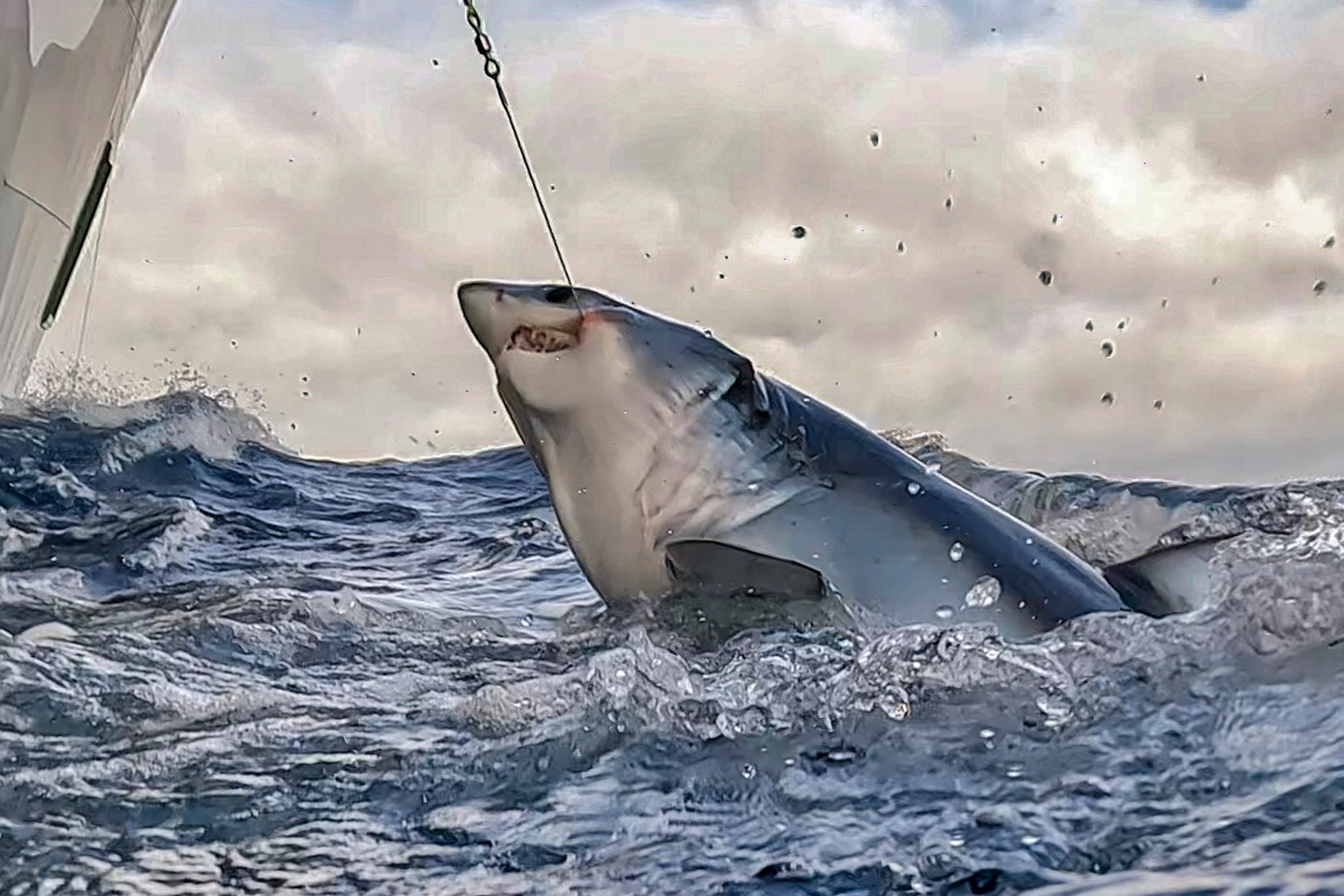
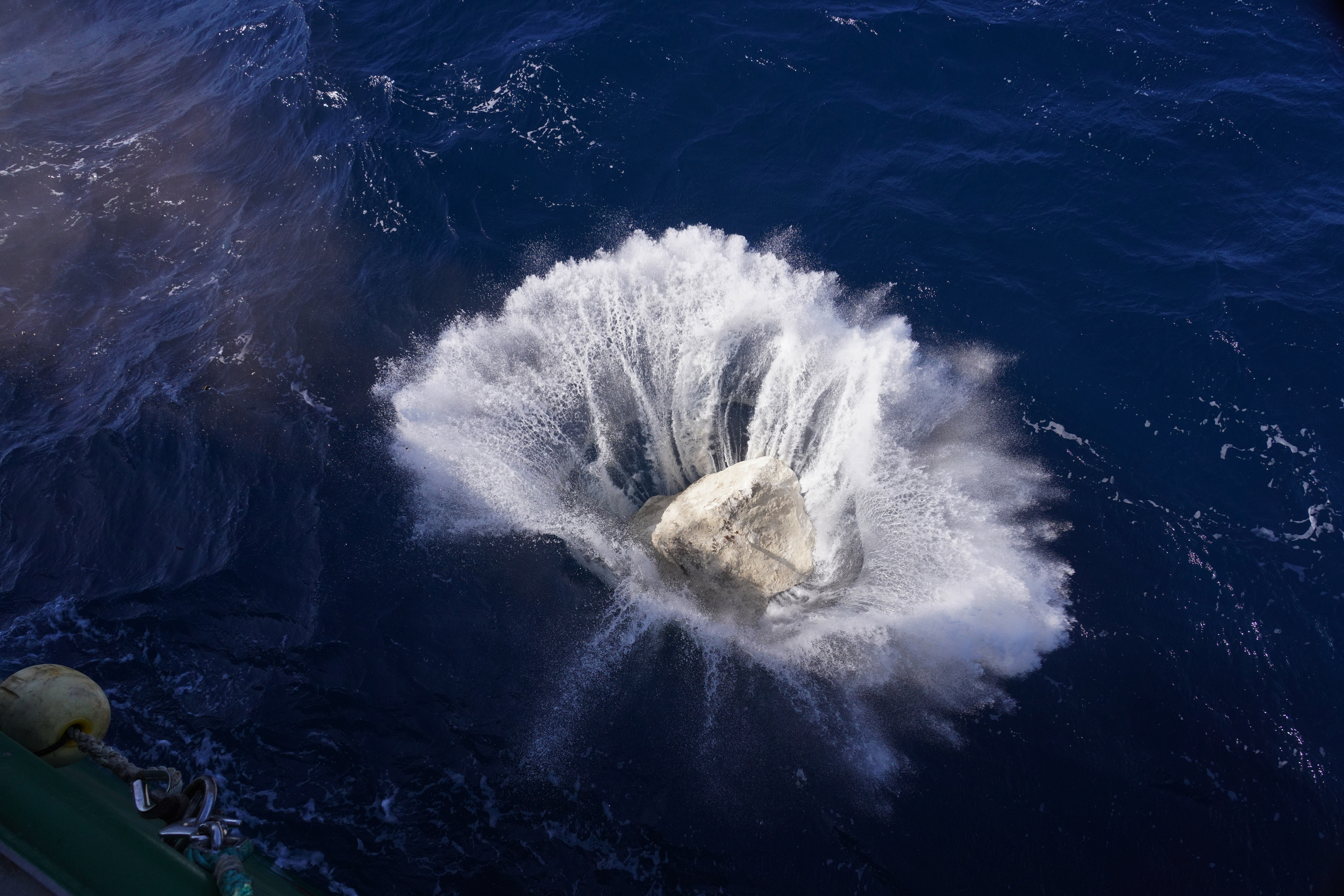
 The Big Plastic Count
The Big Plastic Count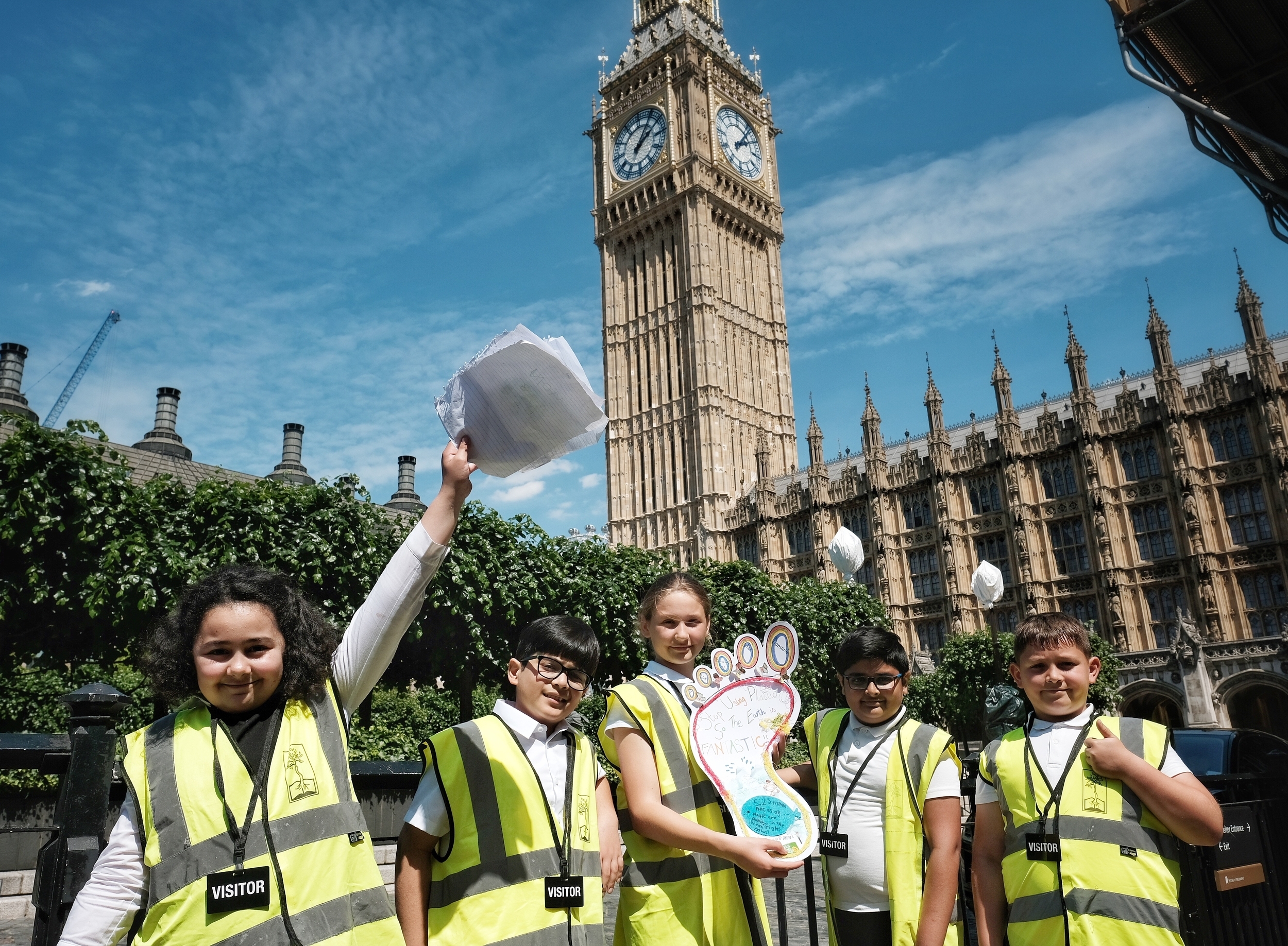
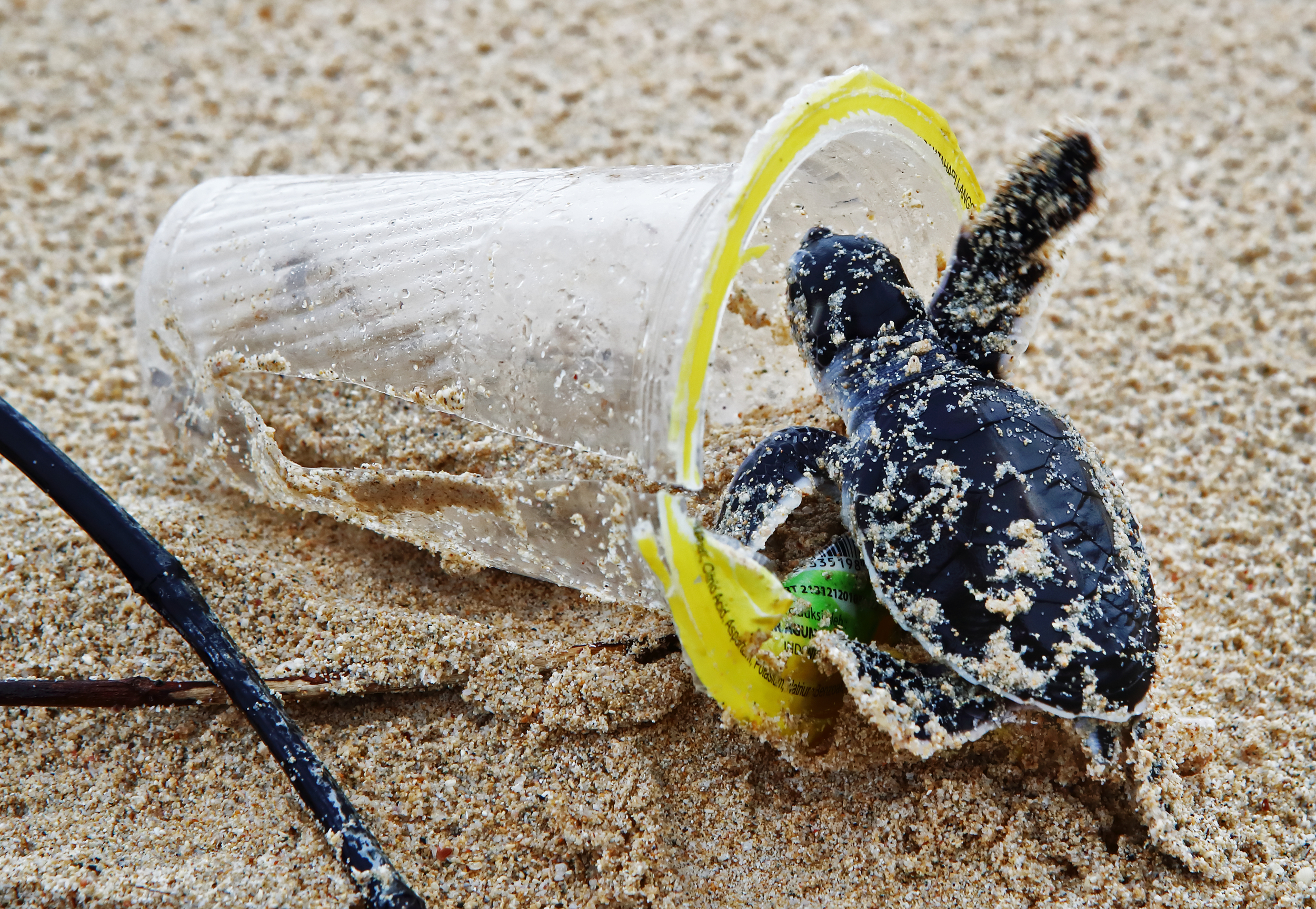
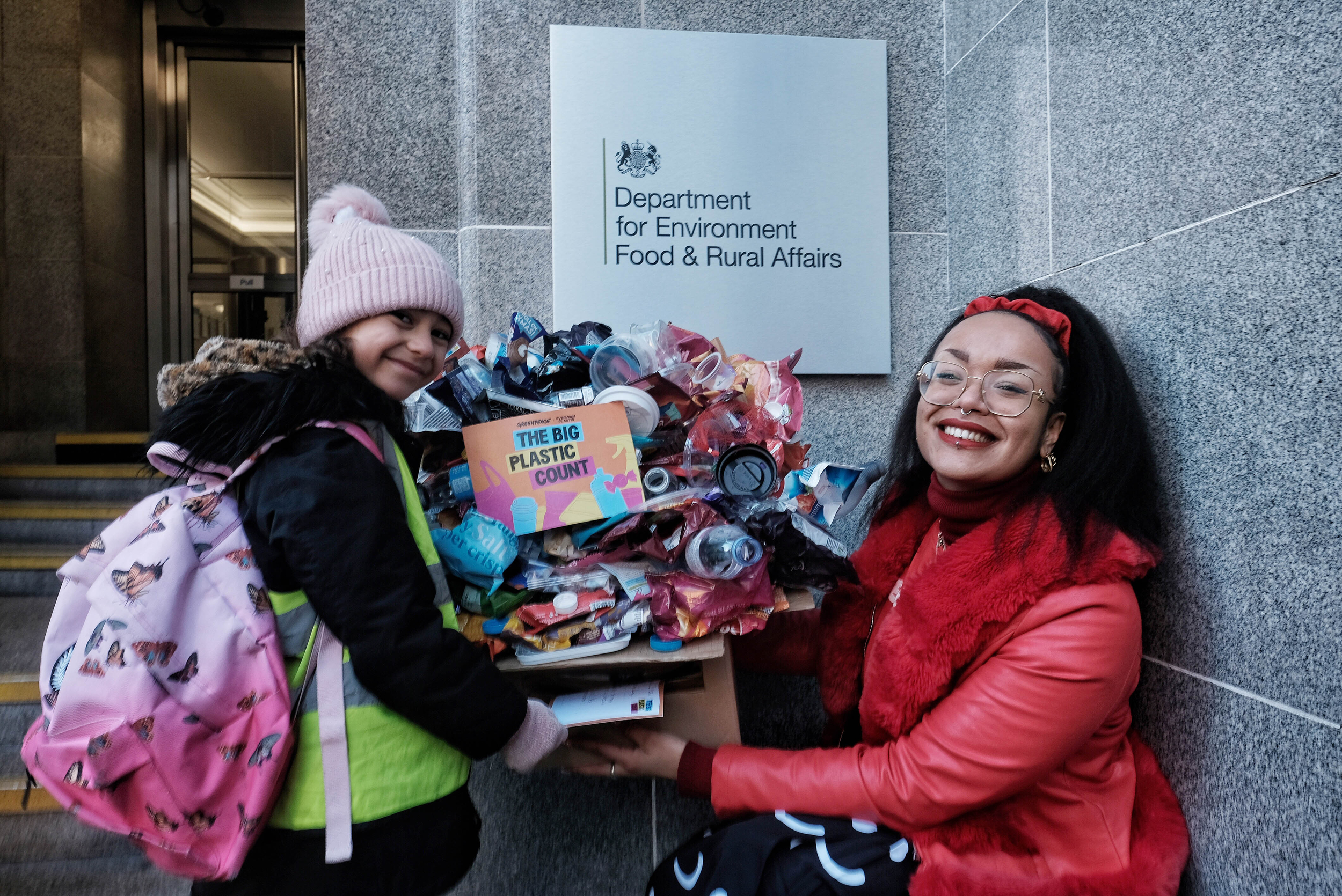
 2022 began with a bang. Working with Swiss NGO Public Eye, we revealed that the UK is
2022 began with a bang. Working with Swiss NGO Public Eye, we revealed that the UK is  We partnered with The Runnymede Trust in 2022 to produce a new report,
We partnered with The Runnymede Trust in 2022 to produce a new report, 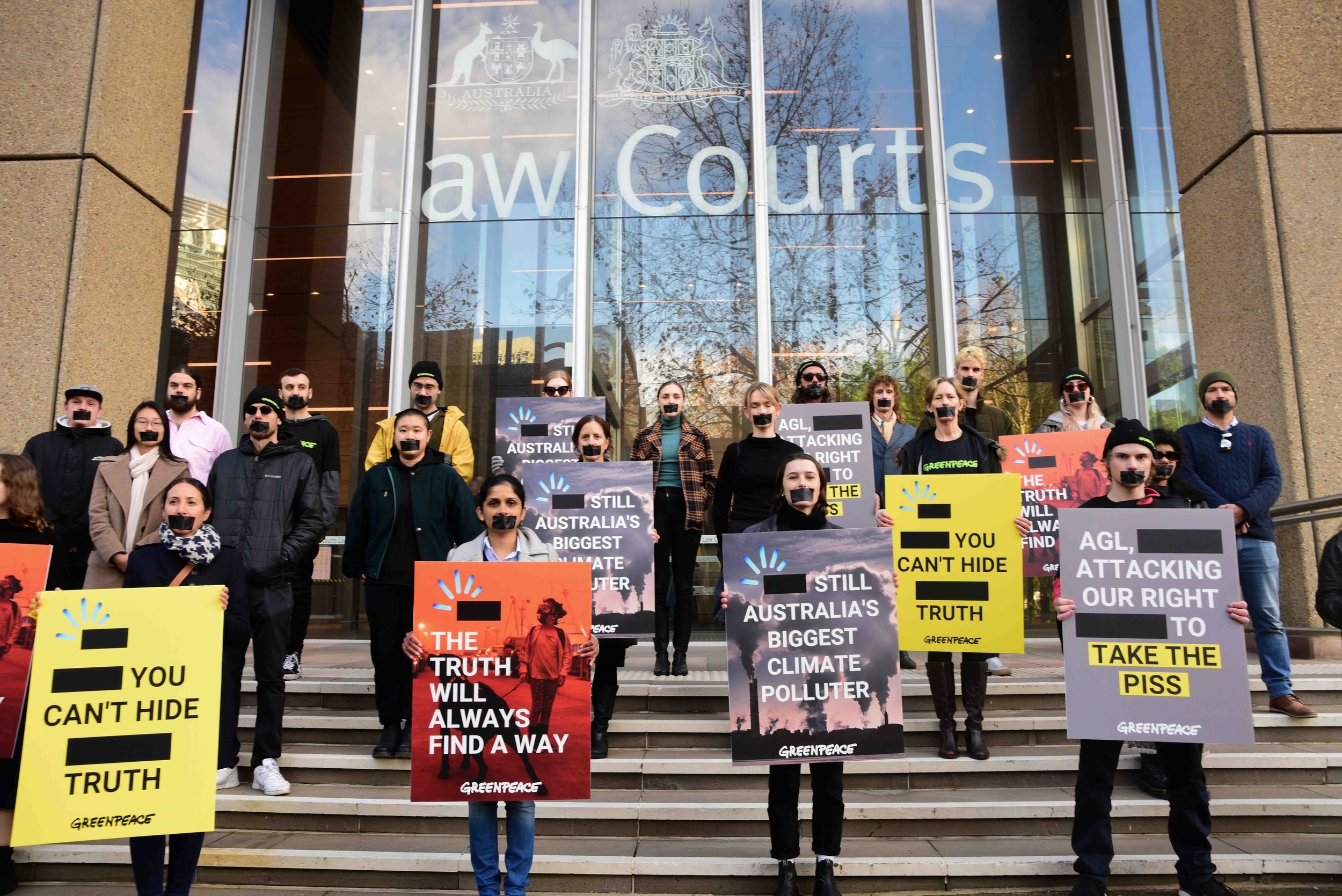
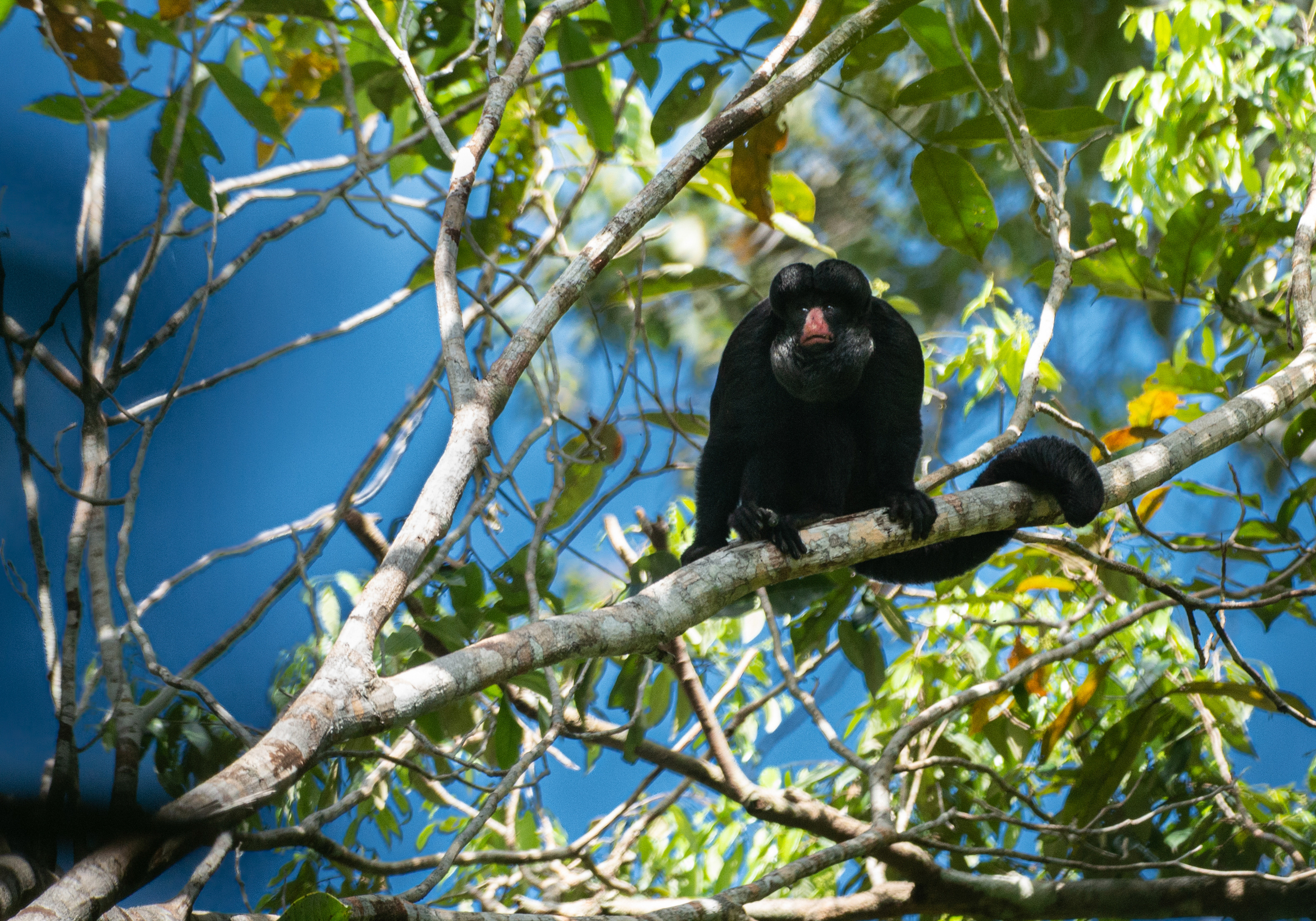
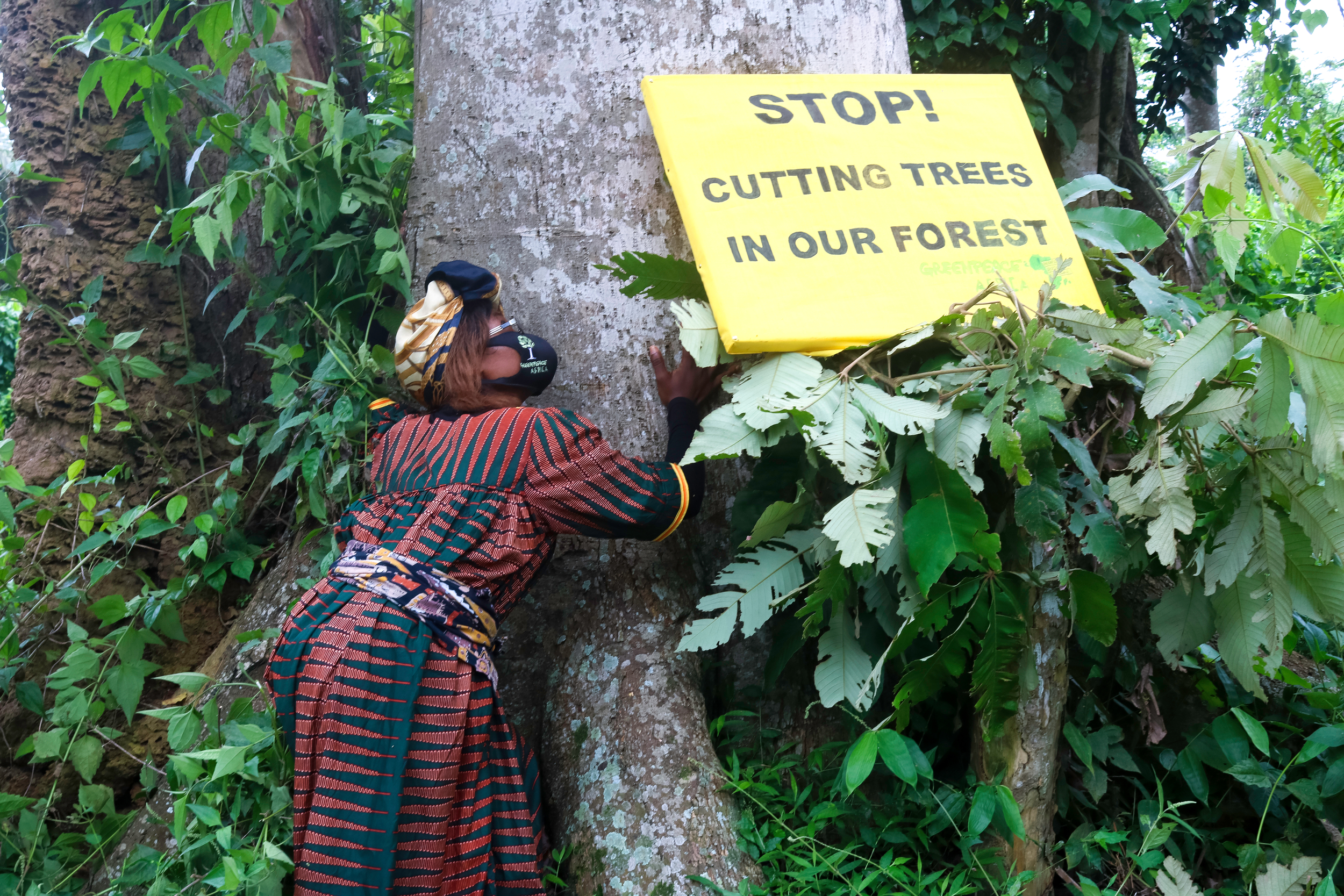
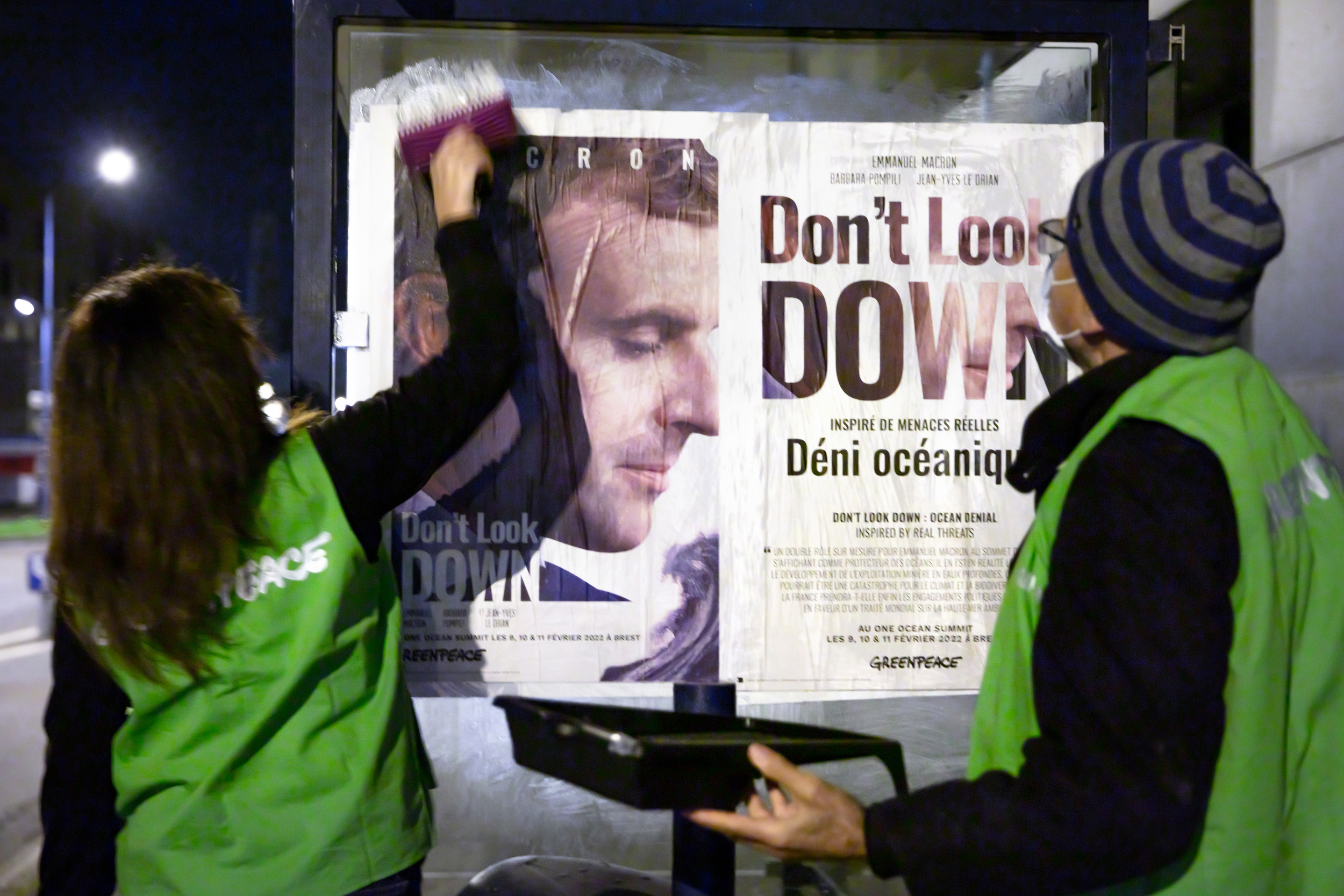
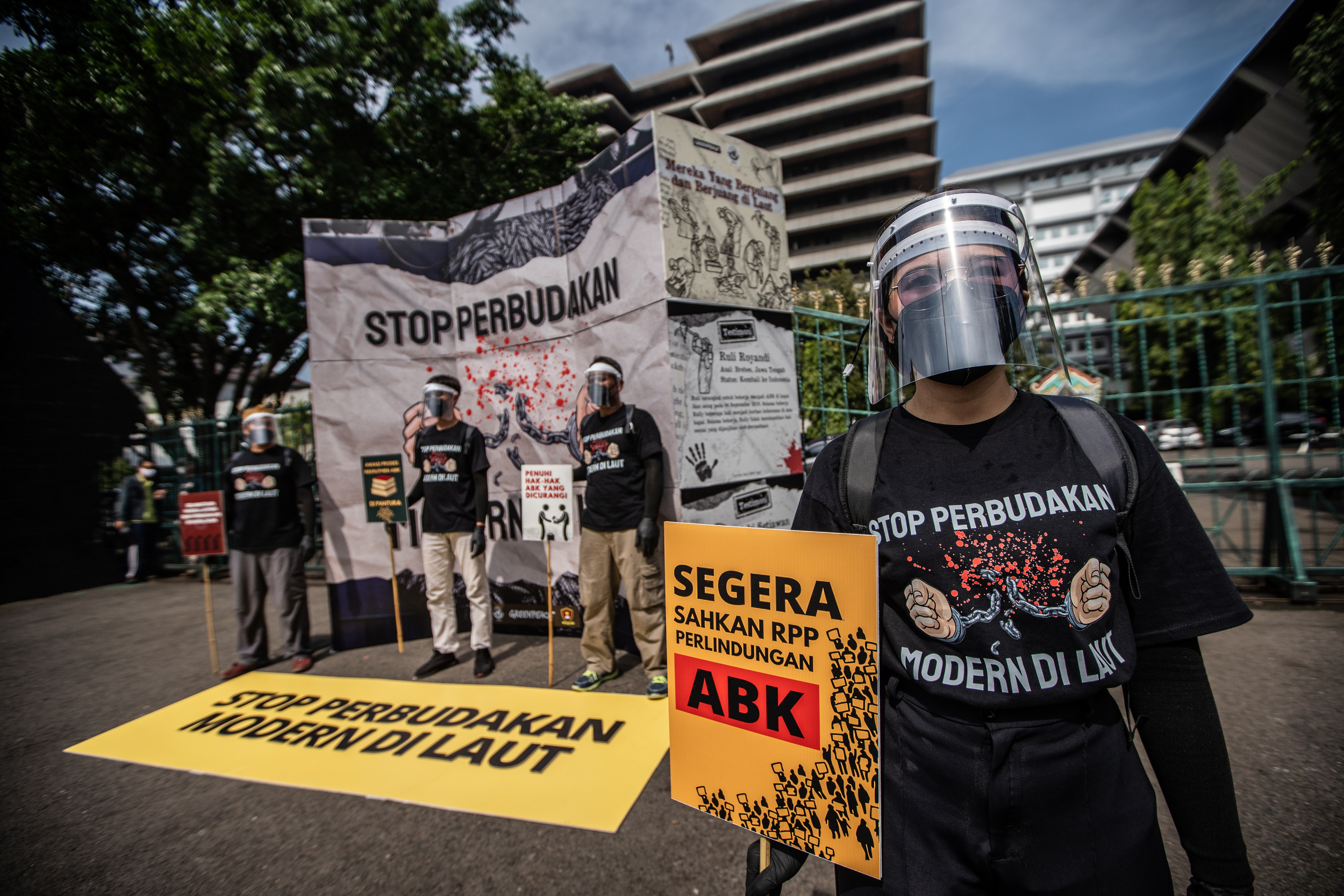
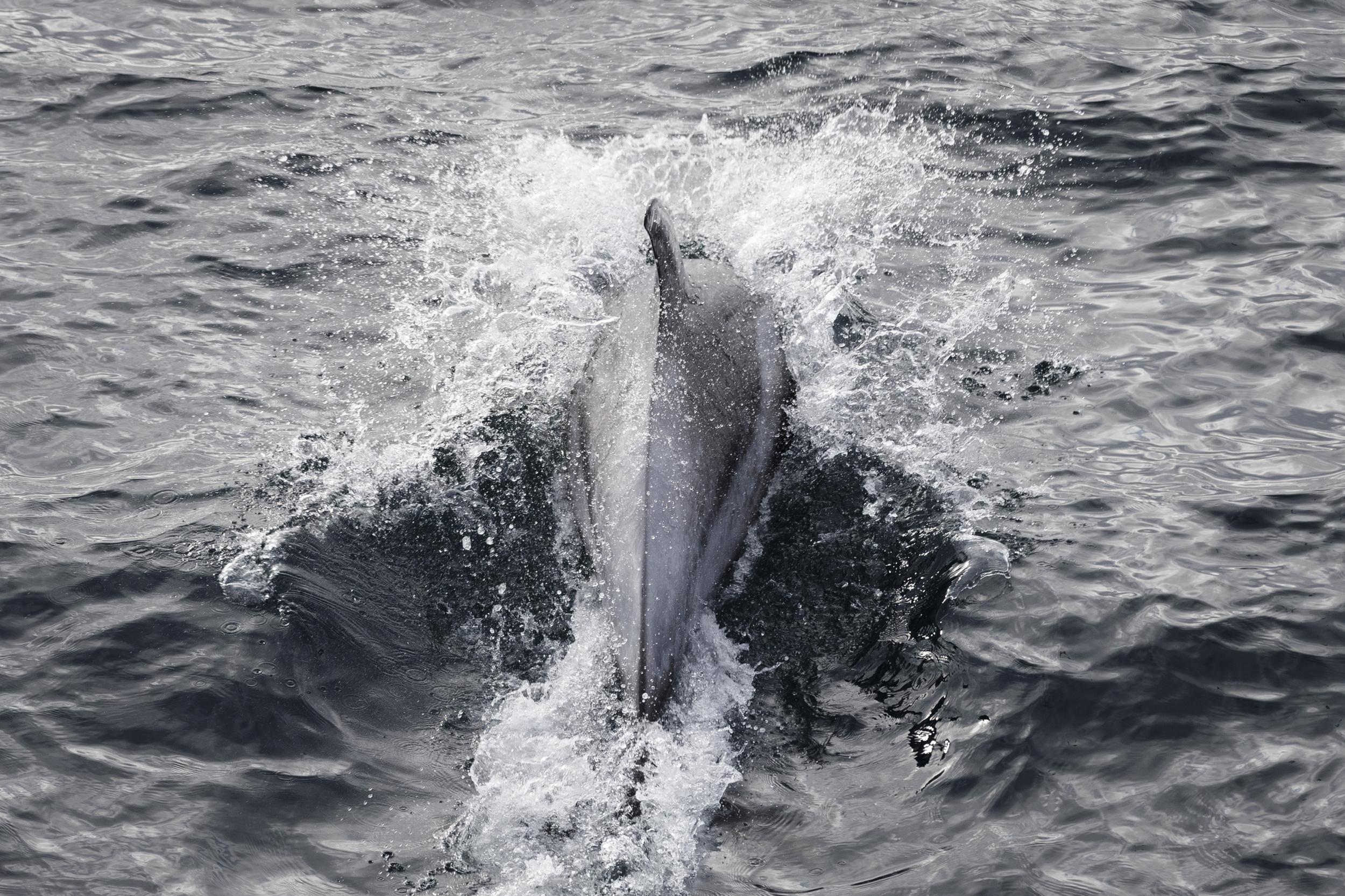
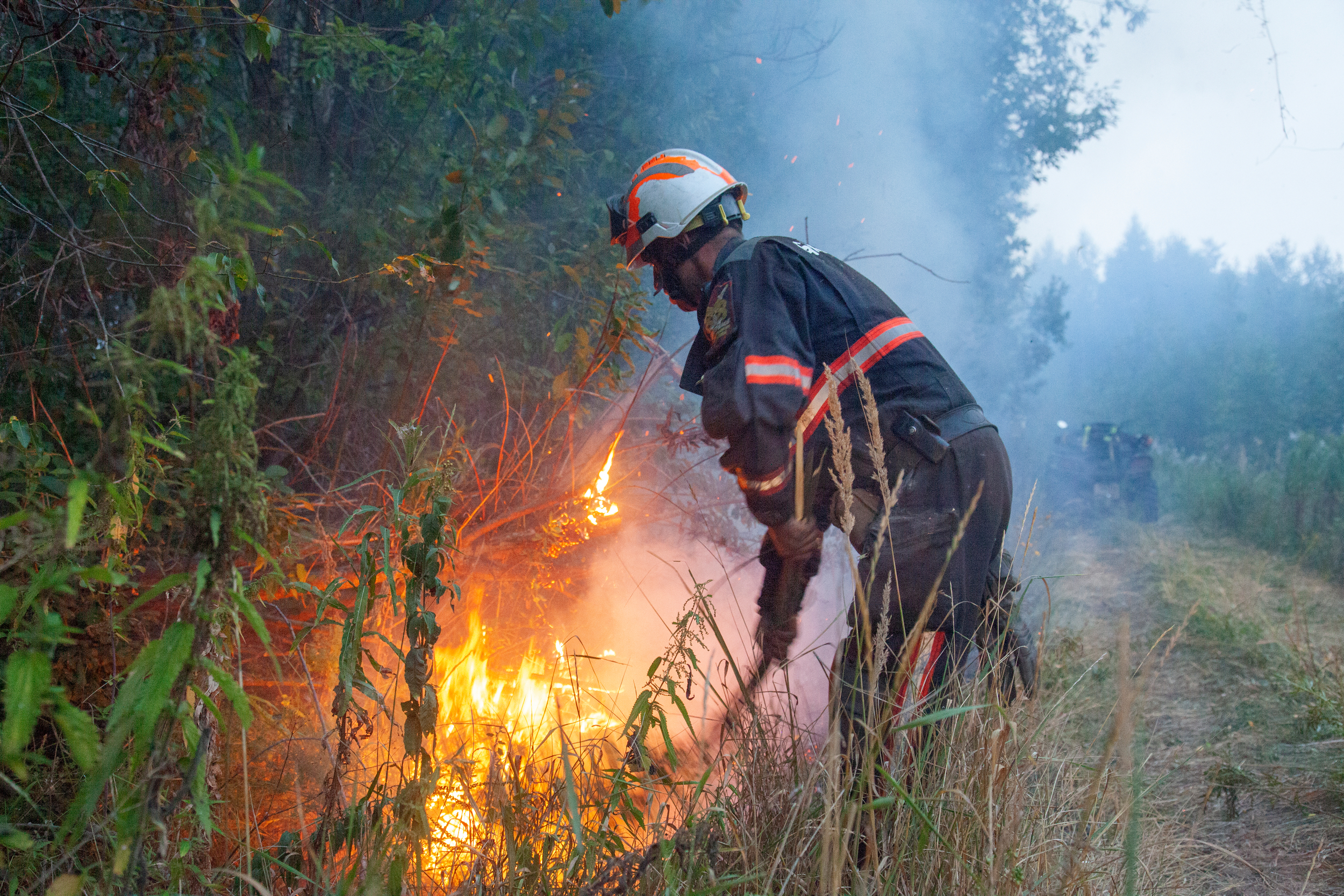
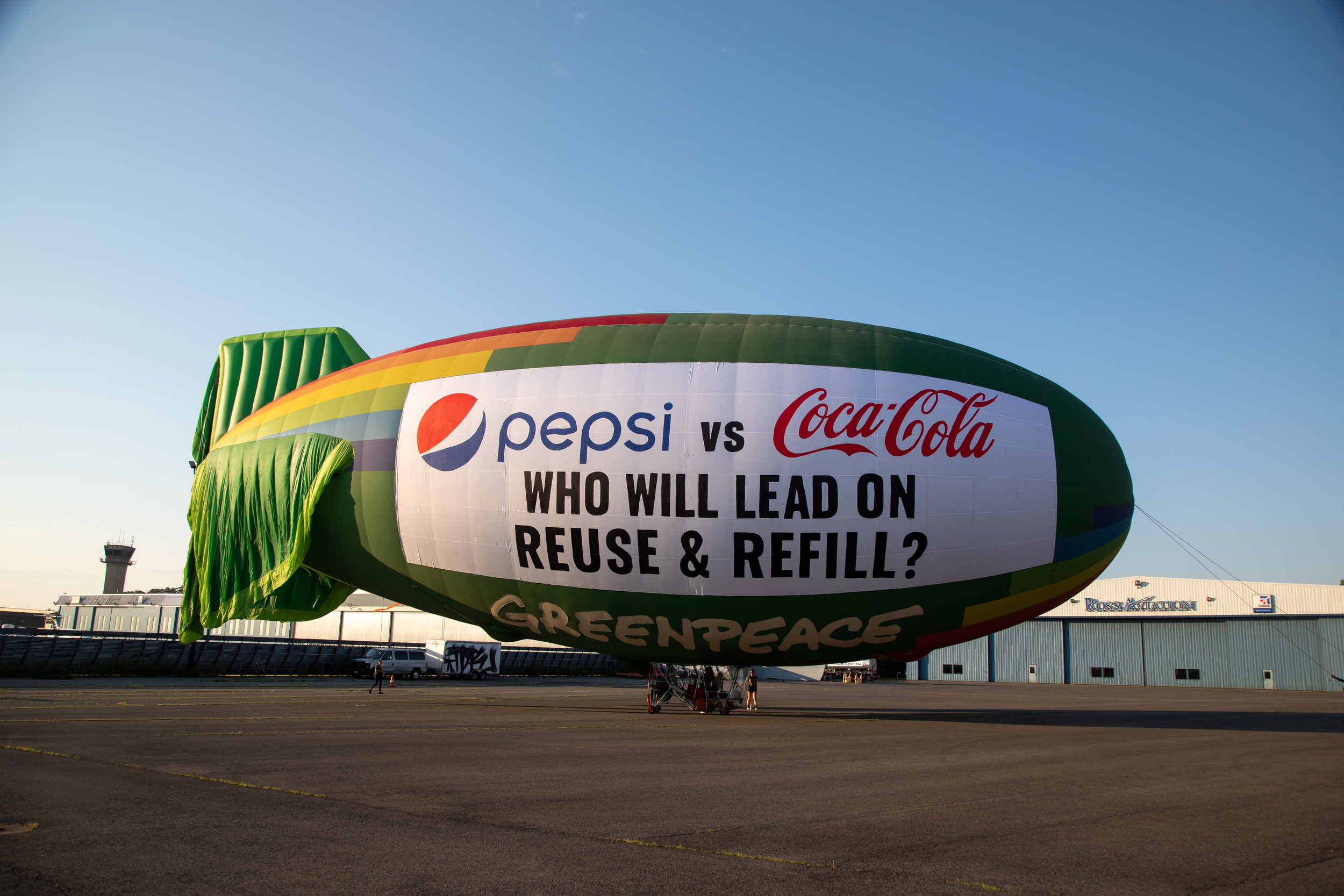
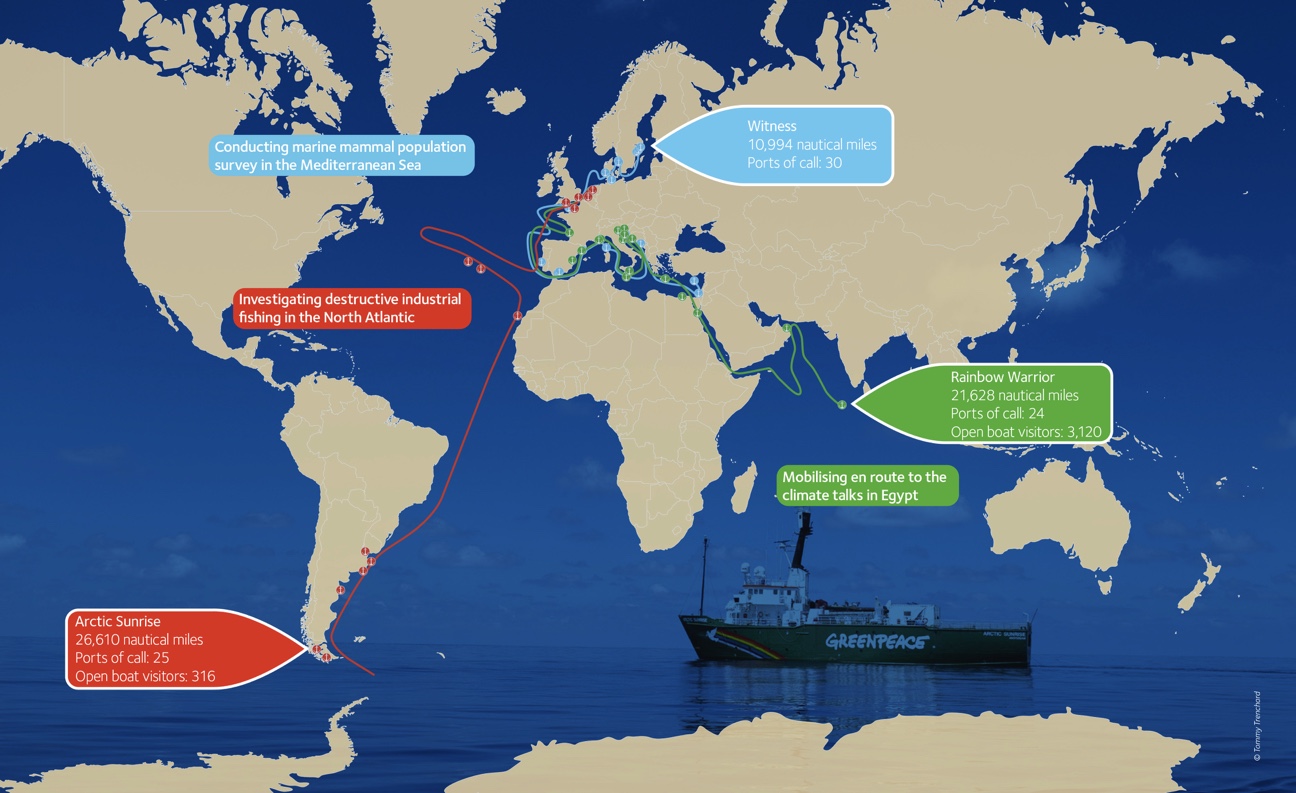
 2022 was a challenging year with the cost of living crisis and rising energy bills affecting us all. Our legacies income was lower than in previous years (mostly due to Covid-driven delays with estates and probate) which meant we raised less money than we hoped.
2022 was a challenging year with the cost of living crisis and rising energy bills affecting us all. Our legacies income was lower than in previous years (mostly due to Covid-driven delays with estates and probate) which meant we raised less money than we hoped.